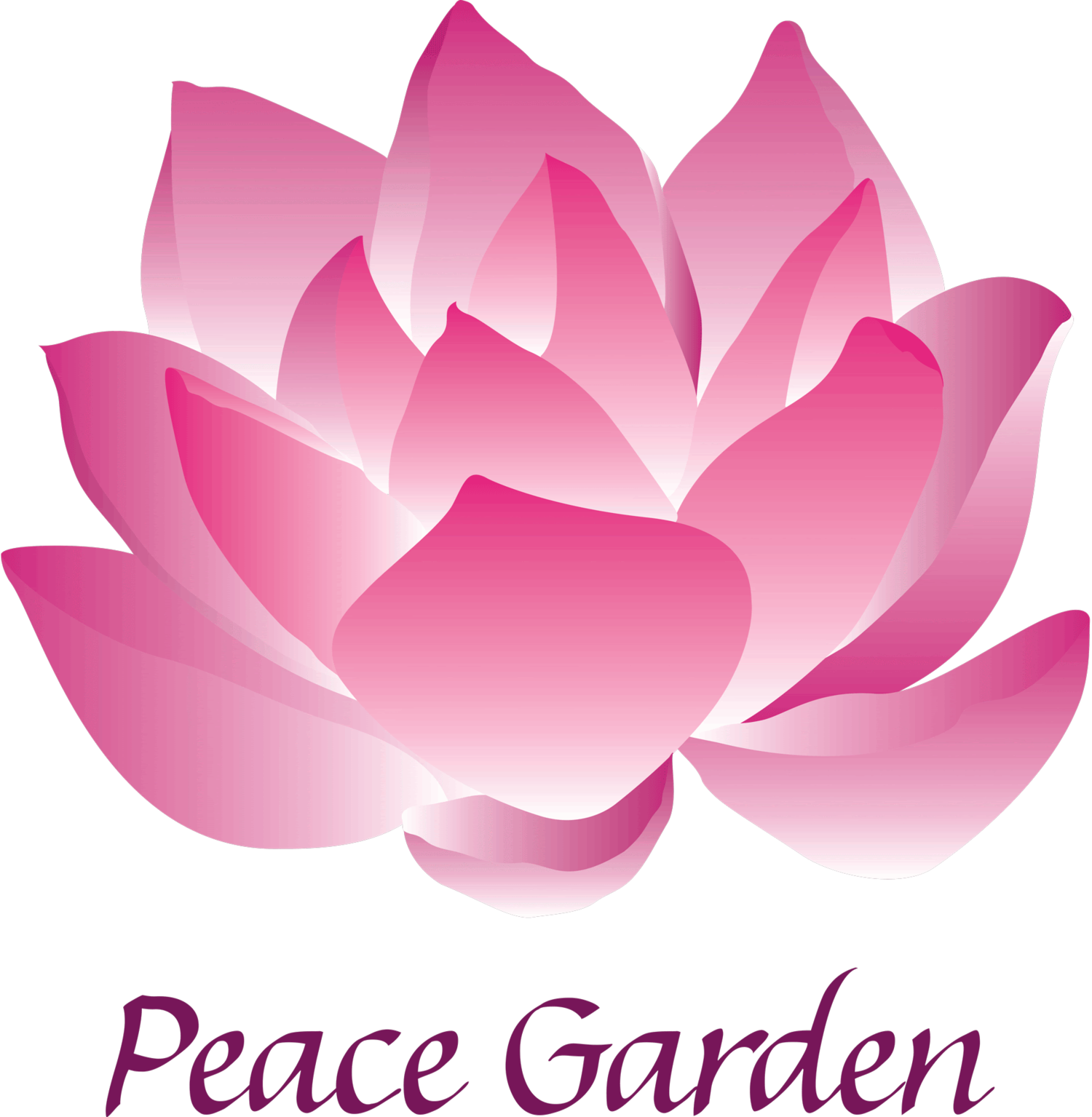Why Organic Gardening?
Organic gardening is especially important if you have children or pets as they’re more susceptible to the effects of toxins.
More and more people seem to be getting the message that petrochemicals are toxic and unnecessary. Why poison yourself and increase your risks of cancer when you don’t have to?
The Origins of Toxic Gardening
At the end of the 2nd World War, arms manufacturers saw a significant decline in the demand for petrochemical weaponry. Seeking new markets, they looked to the food industry as a place they could sell the chemicals that were the active ingredients in weapons of mass destruction.
So now we have toxic substances that were designed to kill in our food and in our gardens at home. Despite a ban on petrochemical pesticides and herbicides in the Lower Mainland, stores like Home Depot continue to sell them with a wink and a nod. I’ve personally seen them being applied in a residential setting despite their illegality.
Despite the ban, many common fertilizers contain petrochemicals. Not only are they not necessary to grow and maintain a beautiful lawn or garden, they actually undermine its long-term health by creating a cycle of dependency whereby plants need these toxic fertilizers as their only source of food in gardens deprived of humus and stripped of the biodiversity they need to survive naturally.
The Organic Gardening Solution
What is needed is a more comprehensive look at nature. What do plants need to not just survive but thrive in a balanced way? Interrelationships of life. Why is an established forest habitat one of the most dense regions of life on the planet yet the supply of nitrogen, phosphorous, and potassium is so much lower than what comes out of a bag of most high-numbered fertilizers on the market? Because there’s a balance of nutrients and an ecosystem at work.
In a world of increasing pollution and population levels, the need to return to holistic, organic approaches is more obvious than ever. Why feed plants more than they need, only to leach chemicals into the environment, leading to the loss of species and habitat? We know better than that. There’s a safer, wiser way, and that way is organic.
Lawn Thatch: A Case Study
One of the most common questions people ask organic gardeners is What’s the difference between regular and organic gardening? It’s an excellent question. The short answer is that “regular” gardening focuses on plants while organic gardening focuses on soil. Organic gardening, in other words, goes to the root of plant, animal and human health by getting the right soil chemistry happening to produce the healthiest possible plants naturally.
I thought I would use a case in point to more concretely explain this distinction: lawn. I chose this example because lawns are very important to many people, making this example pertinent and relatable. Those growing their own food probably already understand the importance of the differences between conventional and organic gardening for their health.
The Conventional Approach
Let’s say you have excessive lawn thatch, which is a common problem. Unfortunately by far the most common solution gardening professionals offer is to remove the thatch manually by power raking your lawn and then adding high-nitrogen fertilizer to what remains. The lawn grows back and everything’s okay, right?
Wrong. What you don’t see is the damage you’ve caused to the grass crowns that are responsible for growing new grass. Though these will recover from the shock, and push out new, lush, green growth with the help of high-nitrogen fertilizer, guess what? The following year you notice that you have another thatch build-up. You resign yourself to repeat the same pattern year after year, racking up quite the expenses in the lawncare department.
The Organic Approach
The cheaper, longer term solution is the organic approach because it looks at the problem from a perspective that allows for a highly effective long-term result. In the conventional approach, notice that no one asked WHY you have the thatch in the first place!
There are reasons things happen and only if we have enough knowledge and insight to understand the causes of garden problems can we bring about the most time and cost-effective solution. An organic gardener would recognize that the thatch build-up is telling you something. It’s almost certain that, as a result of chemical fertilizer, there’s no soil ecology in your lawn. Chemical fertilizers kill microorganisms. Microorganisms are as essential to lawn and soil health as cells are to your body. Without them, we’re lost.
Since chemical fertilizer killed the organisms your soil needs for food and is now dependent on fertilizer, your first step is to end your lawn’s chemical addiction. Switch to an organic fertilizer that has low and balanced N-P-K numbers, like 8-6-6, 6-8-6, or 6-6-8. These fertilizers will give your lawn the sustenance it needs while allowing microorganisms to re-establish themselves in the soil. These, in turn, will feed your lawn sustainably, stop you from wasting money on fertilizers that are largely leaching through the soil instead of feeding the lawn, and prevent the contamination of ground water.
At the same time, we introduce proper lawn maintenance practices like core aeration, cutting higher, leaving your clippings on the lawn, and watering less often but more frequently. Now that we’ve adjusted course, guess what? No more thatch problem because the microorganisms are consuming it for free instead of you having to endlessly fork over money to your gardener to haul it away to the dump every year.
This is just one example of how an organic gardener’s more holistic understanding of nature can save you time, hassle and expense by addressing and correcting problems at the root instead of applying endless band-aid solutions that never take care of the underlying reason for the garden issue.
The organic approach will also give you a lusher, better lawn that is more resistant to European chafer beetle. Just one more reason to go organic today!
Image credit: Goddess Life

